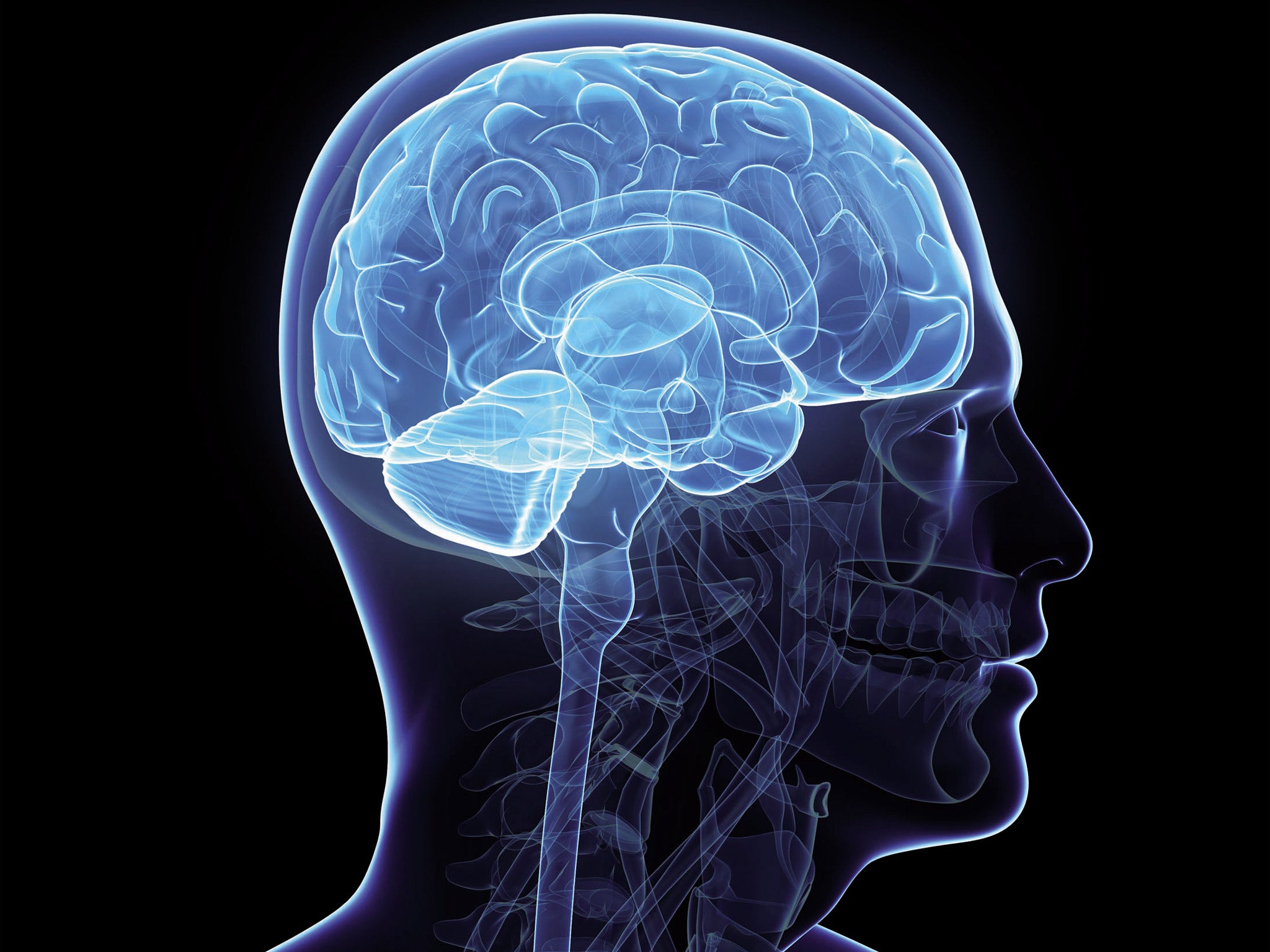Healthy mind in healthy body: lifelong exercise keeps the brain working better

Lifelong exercise can lead to improved brain function in later life, a study has shown.
People perform better in mental tests at the age of 50 if they have engaged in regular intense activity, such as playing sport, running, swimming or working out in the gym, since childhood.
More than 9,000 individuals took part in the research from the age of 11.
Interviews were conducted at regular age intervals to monitor levels of exercise. Participants also undertook tests of memory, attention and learning.
Those who had exercised two to three times per month or more from the age of 11 scored higher in the tests than those who had not.
Study leader Dr Alex Dregan, from King's College London, said: “As exercise represents a key component of lifestyle interventions to prevent cognitive decline, cardiovascular disease, diabetes and cancer, public health interventions to promote lifelong exercise have the potential to reduce the personal and social burden associated with these conditions in late adult years.”
The findings are published today in the journal Psychological Medicine.
Government guidelines say that adults aged 19 to 64 should exercise for at least 150 minutes per week.
“It's widely acknowledged that a healthy body equals a healthy mind,” said Dr Dregan. “ However, not everyone is willing or able to take part in the recommended 150 minutes of physical activity per week. For these people any level of physical activity may benefit their cognitive well-being in the long-term and this is something that needs to be explored further.
“ Setting lower exercise targets at the beginning and gradually increasing their frequency and intensity could be a more effective method for improving levels of exercise within the wider population.”
Intense exercise appeared to provide greater benefit for the brain than regular moderate activity, said Dr Dregan.
“ Clinical trials are required to further explore the benefits of exercise for cognitive well-being among older adults, whilst examining the effects of exercise with varying levels of frequency and intensity,” he added.
PA
Join our commenting forum
Join thought-provoking conversations, follow other Independent readers and see their replies
Comments
Bookmark popover
Removed from bookmarks